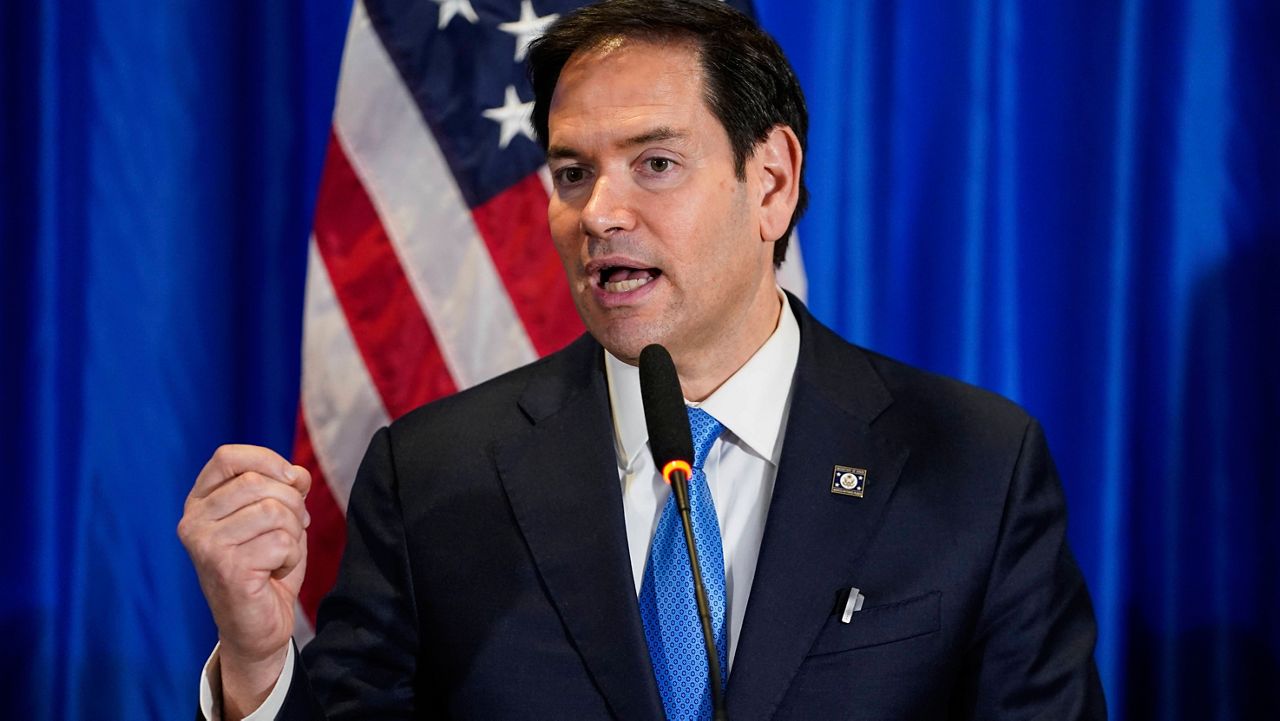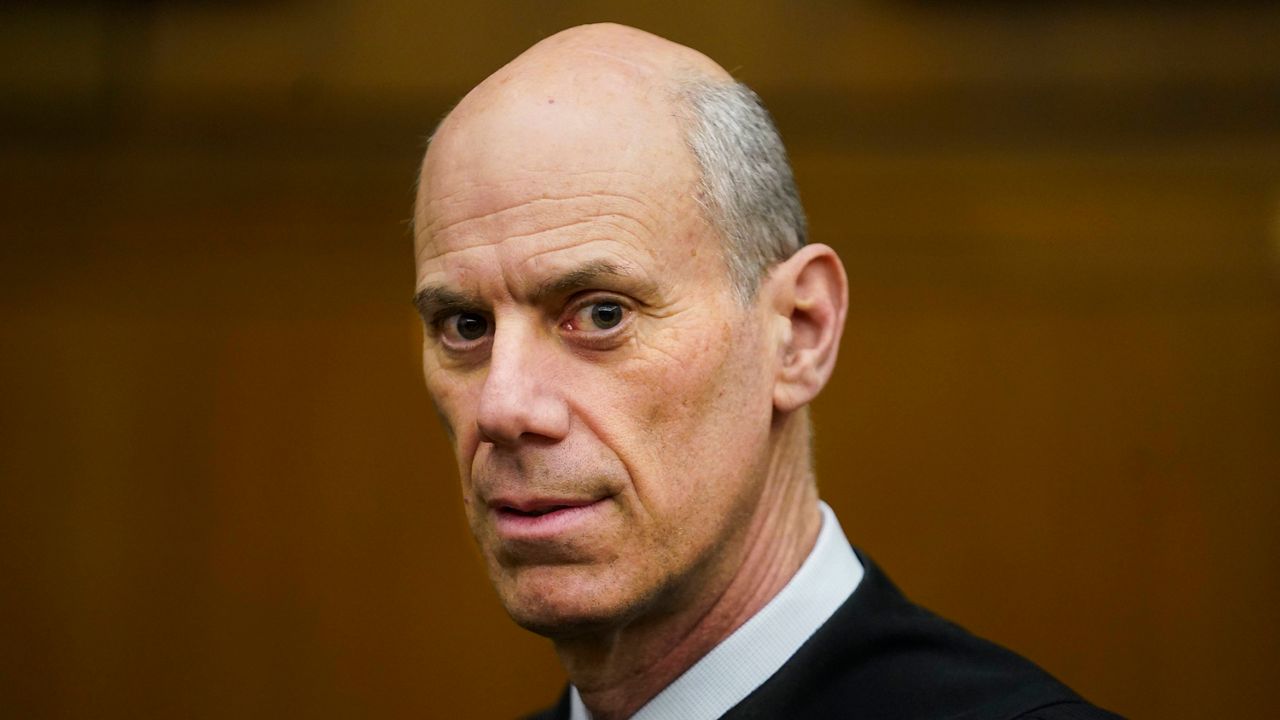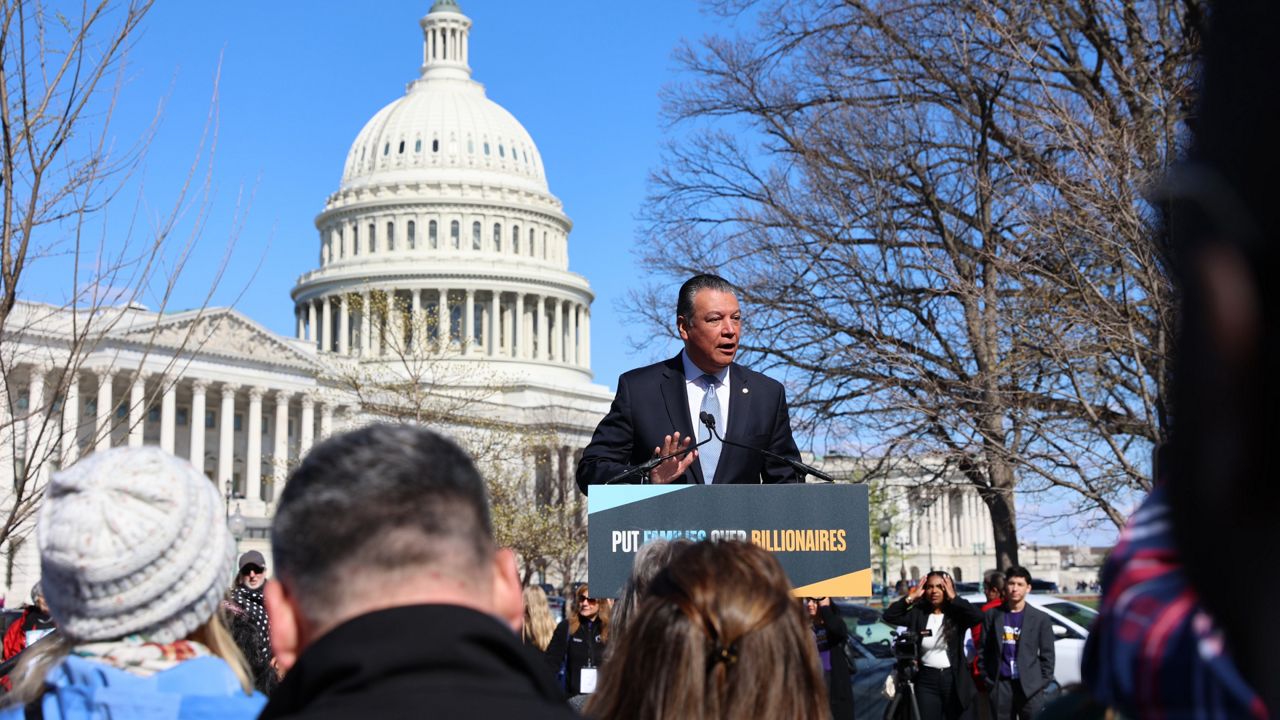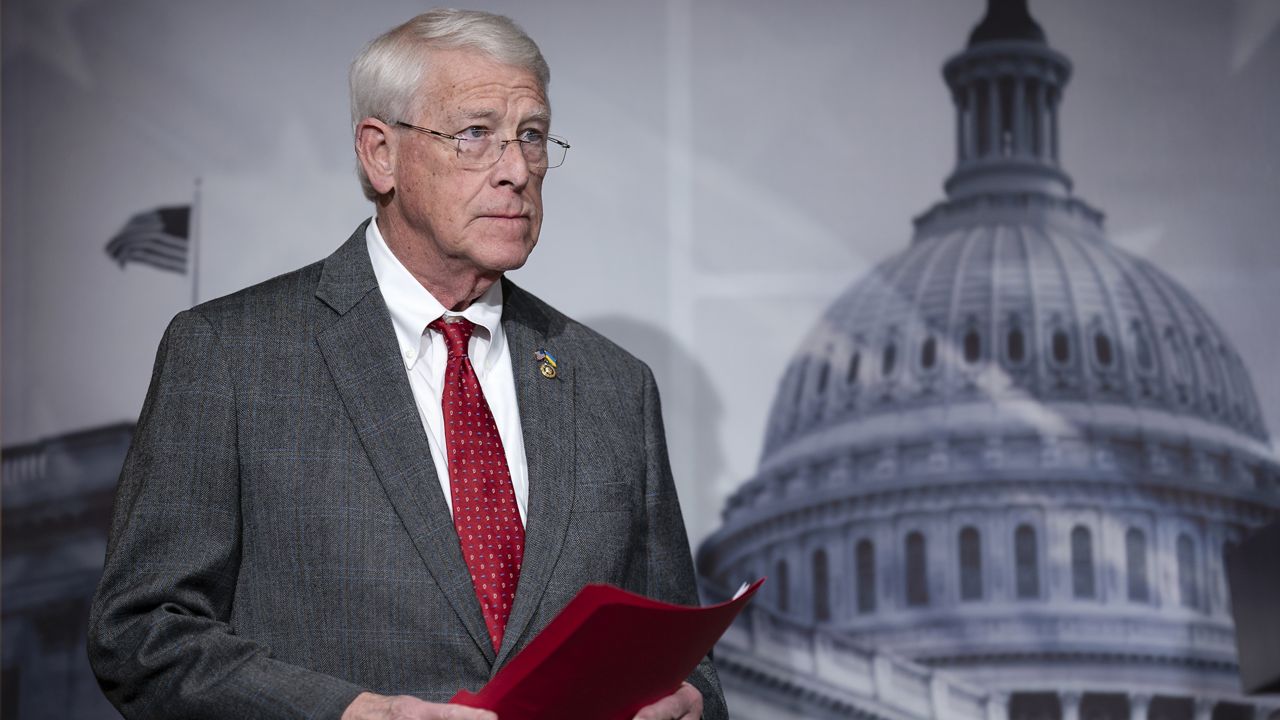Seven Republican-led states have filed a new lawsuit seeking to block President Joe Biden’s latest and yet-to-be-finalized proposal to forgive student debt, this time accusing his Department of Education of moving to implement the plan imminently without notifying the public.
In the suit, the attorneys general from Missouri, Georgia, Alabama, Arkansas, Florida, North Dakota and Ohio claim they obtained documents showing that Education Secretary Miguel Cardona is “unlawfully” attempting to wipe out billions in loans and “quietly” instructed contractors to begin doing so via the new relief program as soon as this week.
“This is the third time the Secretary has unlawfully tried to mass cancel hundreds of billions of dollars in loans. Courts stopped him the first two times, when he tried to do so openly,” the lawsuit reads. “So now he is trying to do so through cloak and dagger.”
Spectrum News has reached out to the Department of Education for comment.
The lawsuit marks just the latest legal blow the Biden administration has suffered in its efforts to take on debt from higher education – a major campaign promise of the president who is set to leave office in less than five months.
The yet-to-be-finalized plan has been in the works since the Supreme Court struck down Biden’s original and broad proposal to forgive up to $20,000 in student debt for all Americans making under a certain income.
The new and narrower proposal, outlined by Biden during a trip to Wisconsin in April, would provide at least some level of loan forgiveness for more than 30 million people. It focuses on specific categories of borrowers: those who now owe more on their students loans than when they entered repayment due to interest; certain borrowers who have been in repayment for more than 20 or 25 years; those who would be eligible for forgiveness based on actions already taken but have not applied; and those who enrolled in low-financial value programs, such as an institution that failed the department’s accountability standards.
The plan was expected to be finalized this fall and the administration began emailing people who may be eligible for relief earlier this summer.
The president’s program to lower monthly payments for student borrowers based on income, called the SAVE plan, is also facing legal battles. Just last week, the Supreme Court kept the plan on pause while lawsuits seeking to block it play out.
In a press release on the latest lawsuit, Missouri Attorney General Andrew Bailey touted that he and colleagues “successfully halted” the Biden administration’s first two plans to cancel debt.
“They may be throwing spaghetti at the wall to see what sticks, but my office is meeting them every step of the way,” he said.
Despite the legal setbacks, the administration says it has canceled more than $168 billion in student loans for 4.8 million borrowers.










